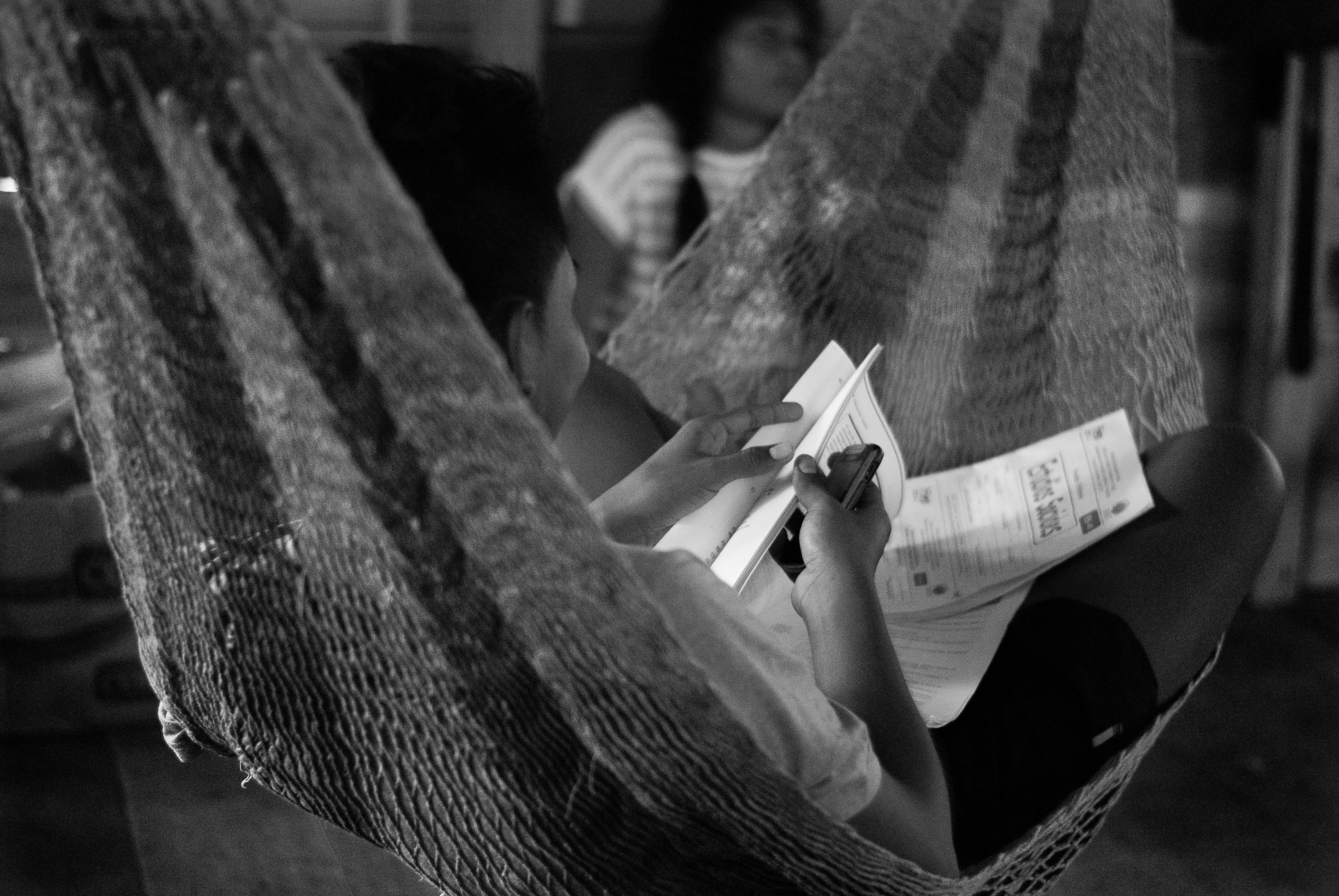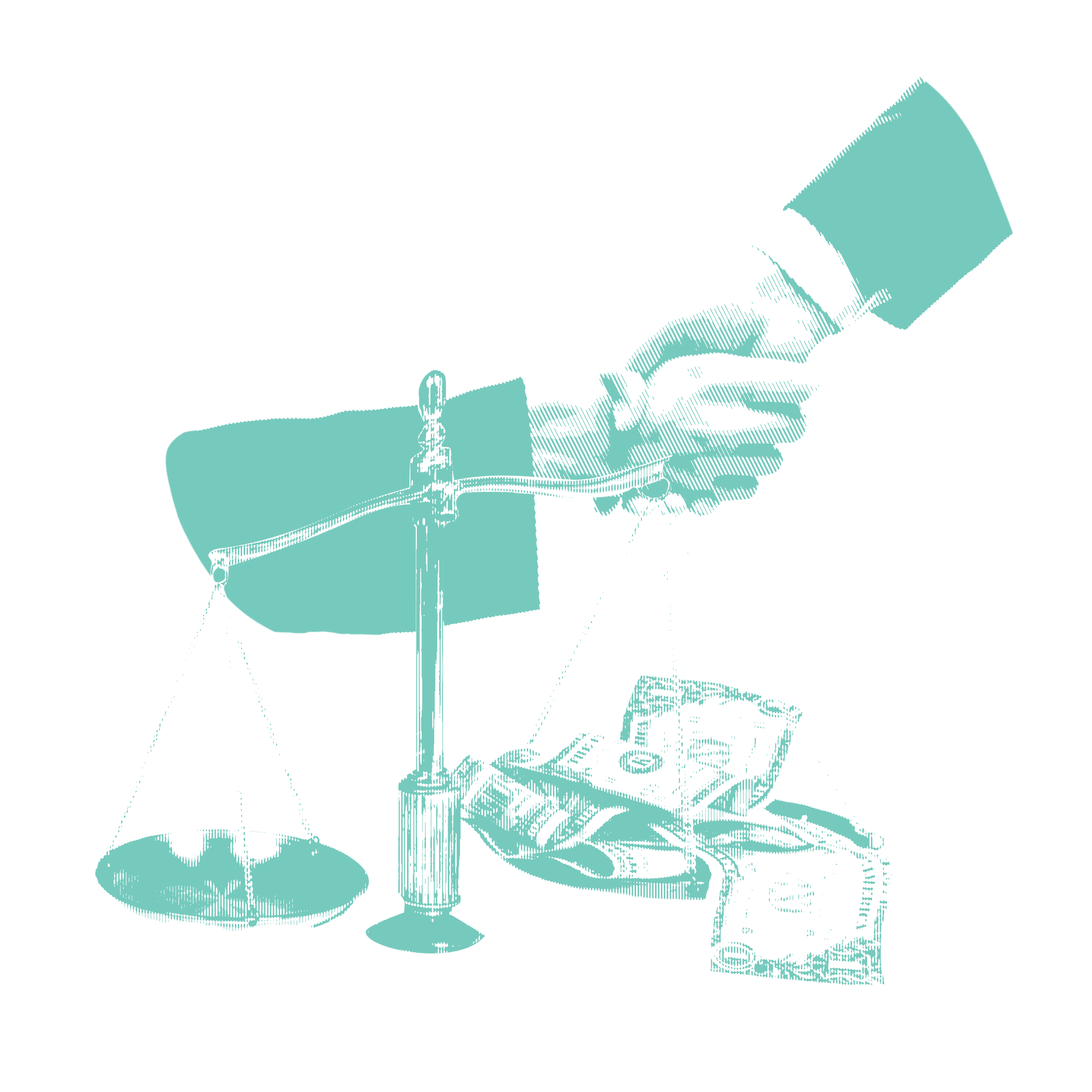The rock used to grind cacao beans into chocolate takes two hands to lift into the wooden bowl. You then roll the rock back and forth on top of the beans. As they crack, they release a tantalizing smell.
Deeply secluded in the Costa Rican and Panamanian rainforest, the indigenous Bríbri people hold on tightly to their culture and traditions. Making chocolate from cacao beans is one of these.
Known as Costa Rica's hidden people, the Bríbri have a population of about 11,500. While some communities, such as the one in Yorkín, feel their lifestyle is protected, others are starting to crack under a single, constant threat.
The Problem
"The most important conflict that Bríbri people are facing right now is the conflict with the land, with the territory," said Miriam Lopez, a department head at the National Commission on Indigenous Affairs (CONAI). "Even when the state has established limits of the territories of the indigenous people, there are some non-indigenous people that have entered into (the) territory."
Once the non-indigenous peoples occupy the land, Lopez says they deforest it.
"Actually right now on the area of Talamanca, we have just received warning of illegal deforestation on the Talamanca forest," she said in August 2015. "We even had to [go to] the police [for] help with the indigenous association of the community to avoid people [cutting] the trees of the forest."
According to a report by University of Florida professor Michael Miller, illegal logging is rampant across Costa Rica. Miller conducted in-depth interviews with experts in the Limon Provence, who say that forest regulators were routinely accepting bribes and other favors in exchange for opening protected areas to logging or other illegal deeds.
Law and Order
Costa Rica does have a law in place—the ILO 169—that protects and secures indigenous land. Lopez said that there is also a Costa Rican law that allows people to use forest resources as long as you replant the area. However, because of ILO 169, only indigenous people can use the natural resources from their own land and only for their personal benefit.
Yet people who are not indigenous are coming and cutting down the trees on Bríbri land. Lopez also said. When caught, they try to say there is a Costa Rican law allowing it — even though it is illegal since it is on indigenous land.
Rolando, a high-ranking community member of the Yorkín Bríbri who asked that his last name be withheld for privacy, believes this law helps protect his people's land, but does not help all Bríbri peoples.
"Other communities have been having problems with people coming and taking land from them," he said. "They are trying to steal the land. It is mostly on the Panama side because in Costa Rica, there is a government law in place to protect the land."
Adilia Caravaca, a Costa Rican lawyer and peace activist, said oftentimes the government does not do its part.
"Some non-indigenous claim that they did some kind of deal, so that they paid for using that land and they feel they are entitled because they paid for that, but… the fact is that it's not a valid deal," said Caravaca. "The Costa Rican government has not been strong enough in enforcing the respect of their rights."
Caravaca also explained that besides private people coming in and taking land, many large companies are active in the isolated areas, and often, ignore human rights.
Meanwhile, she said human rights and indigenous rights activists are pushing for those same companies to hold themselves to a higher standard.
"Companies have to have some ethics and standards in their practices," she said.
Taking it Personally
On a more personal level, the Bríbri are hurt by the loss of forest: As a part of Mother Earth, the Bríbri view Mother Nature as their religion.
"It is very sad and hurtful for us to see them deforesting the forest because we consider the trees our brothers," Rolando said.
In both Costa Rica and Panama, Rolando explained, people take land and then blame everything on the Bríbri if they are caught. He says sometimes these people plant marijuana on the land, and then "the Bríbri get in trouble with the government," even though they did nothing.
Rolando's family was also personally affected by this problem.
"There was a time where people from outside tried to get onto my father's land," he said. "So we contacted the local Costa Rican government instead of just the Yorkín Bríbri government, and they expelled the illegal man off the land."
While Rolando's father maintained his property, not everyone is so lucky. Activists and scholars worry that if Bríbri keep losing land, they will also lose pieces of their tradition and culture. Lopez says one thing to do is keep educating indigenous peoples about their rights.
"They are the ones that motivate us — and the government — to keep working for the rights so they don't get violated by any situation," she said.
*Last names have been removed from all Bríbri peoples in order to protect their privacy

















